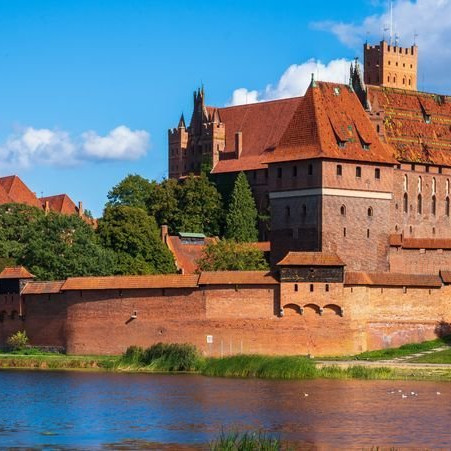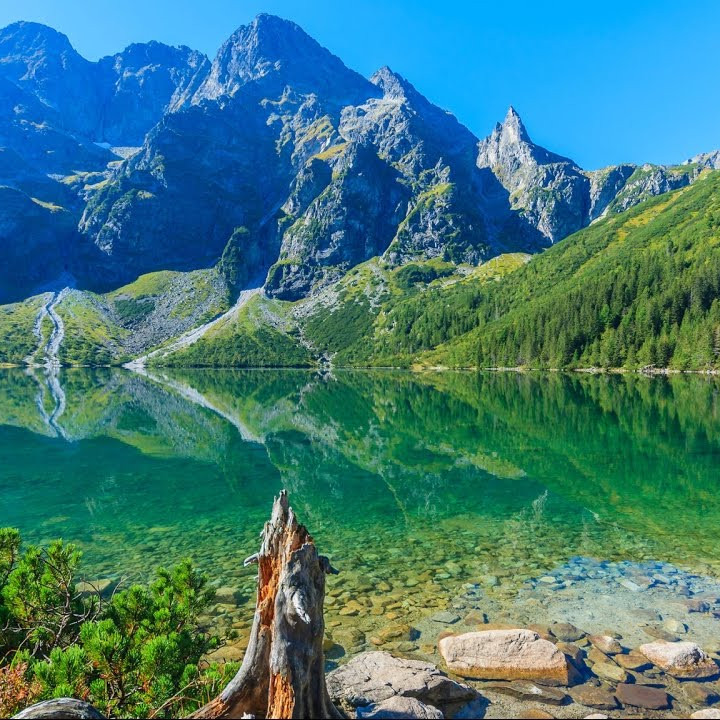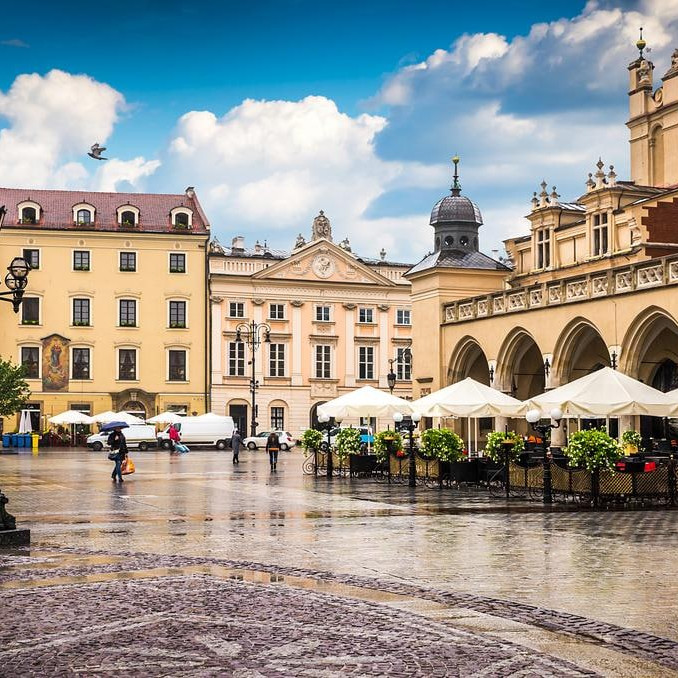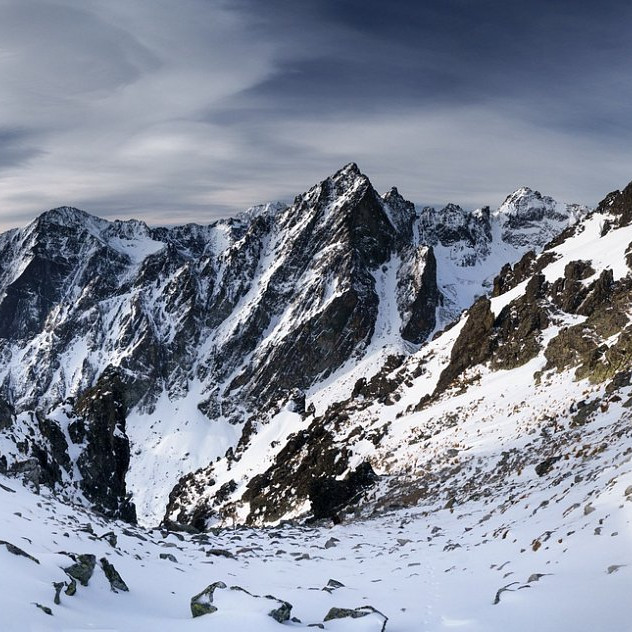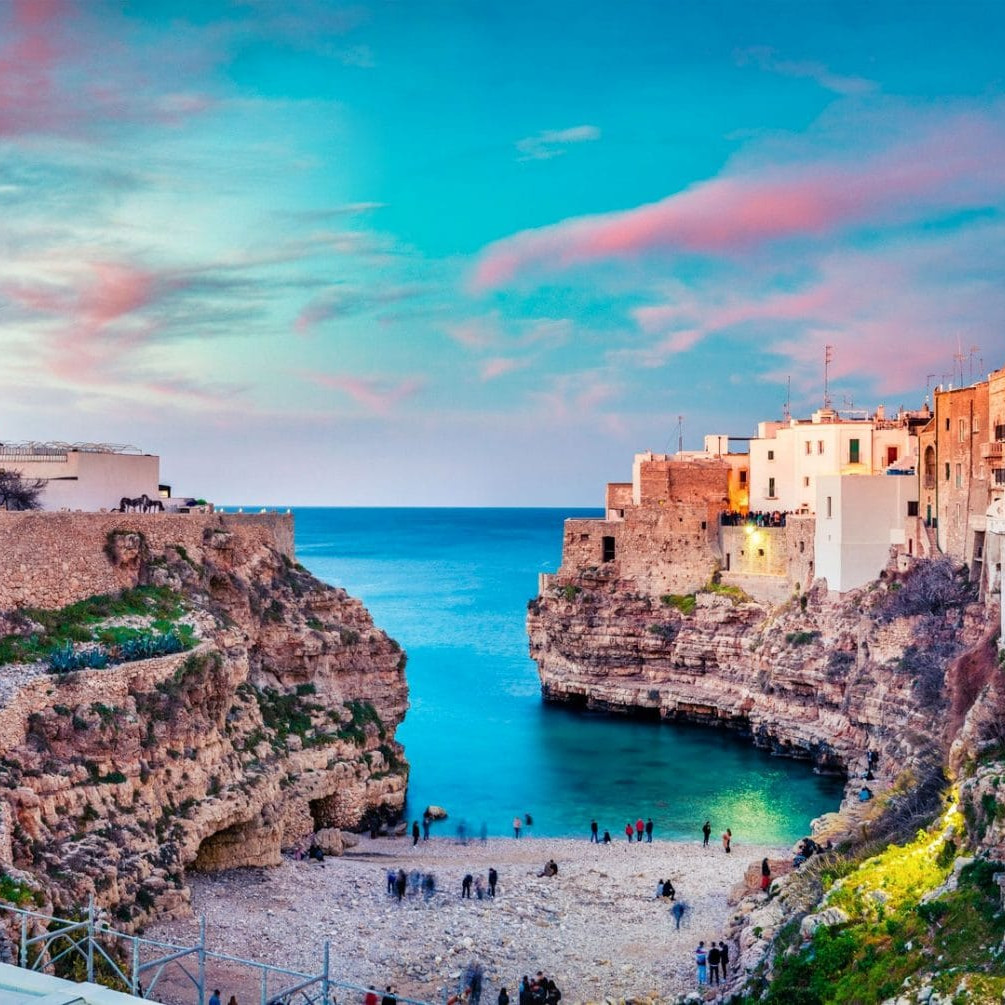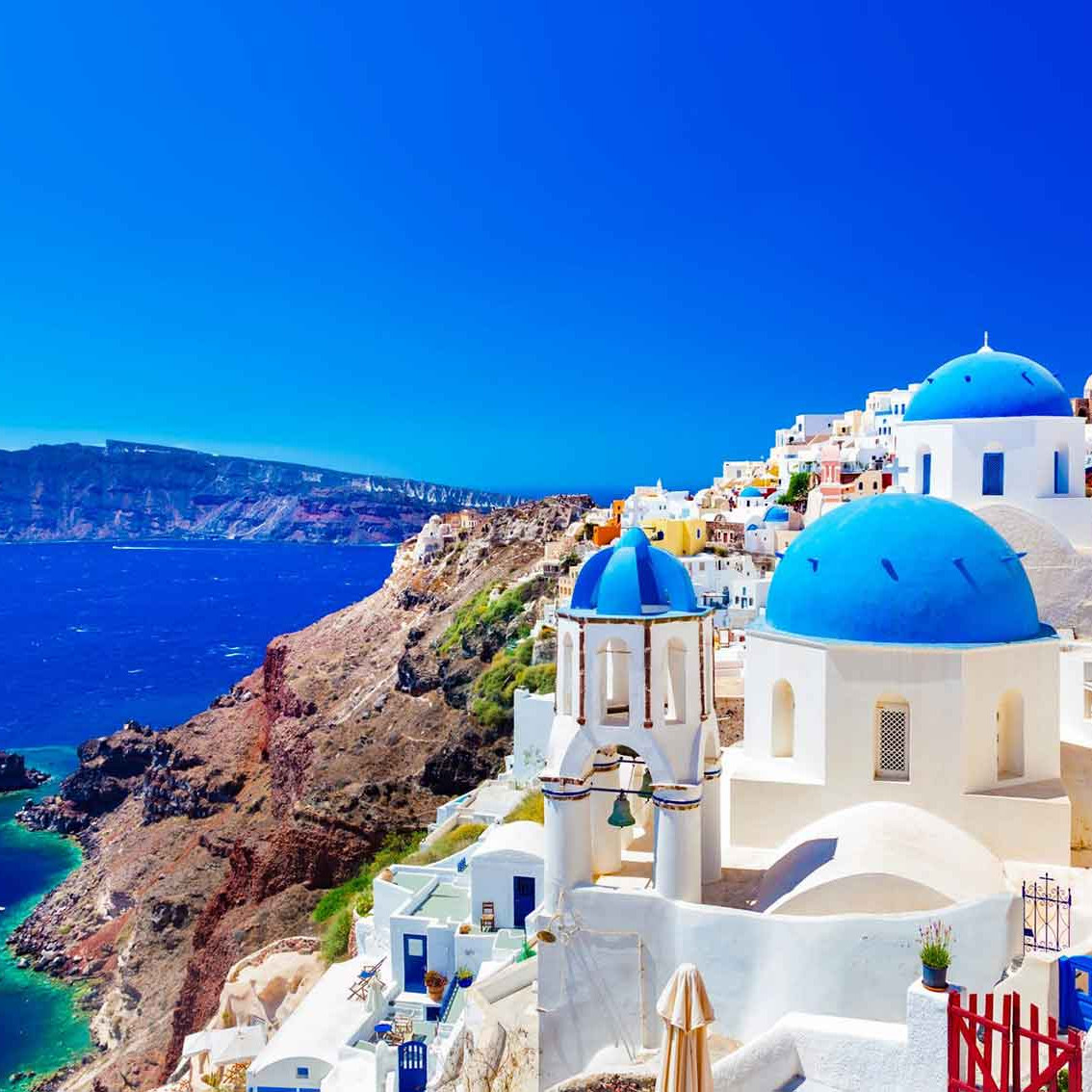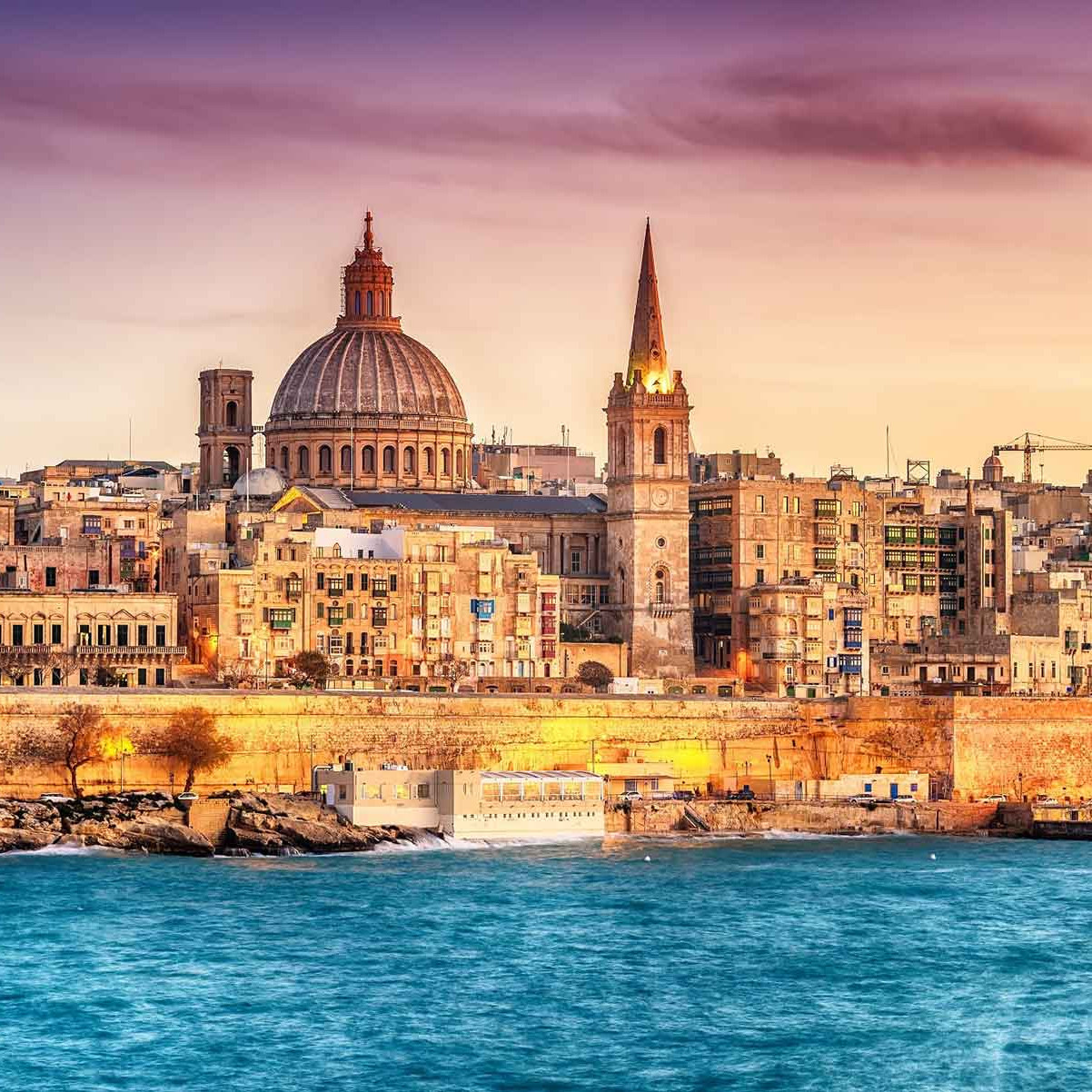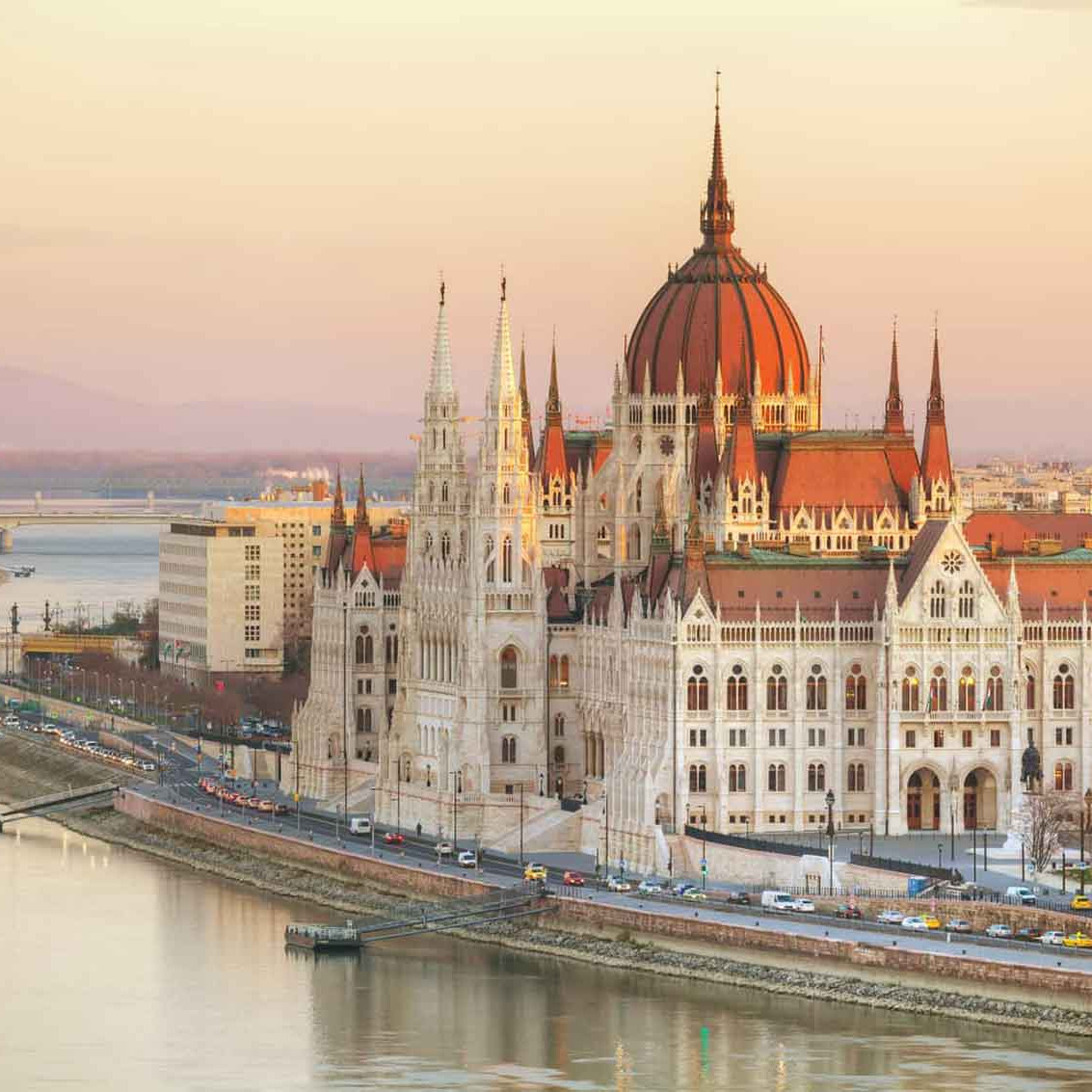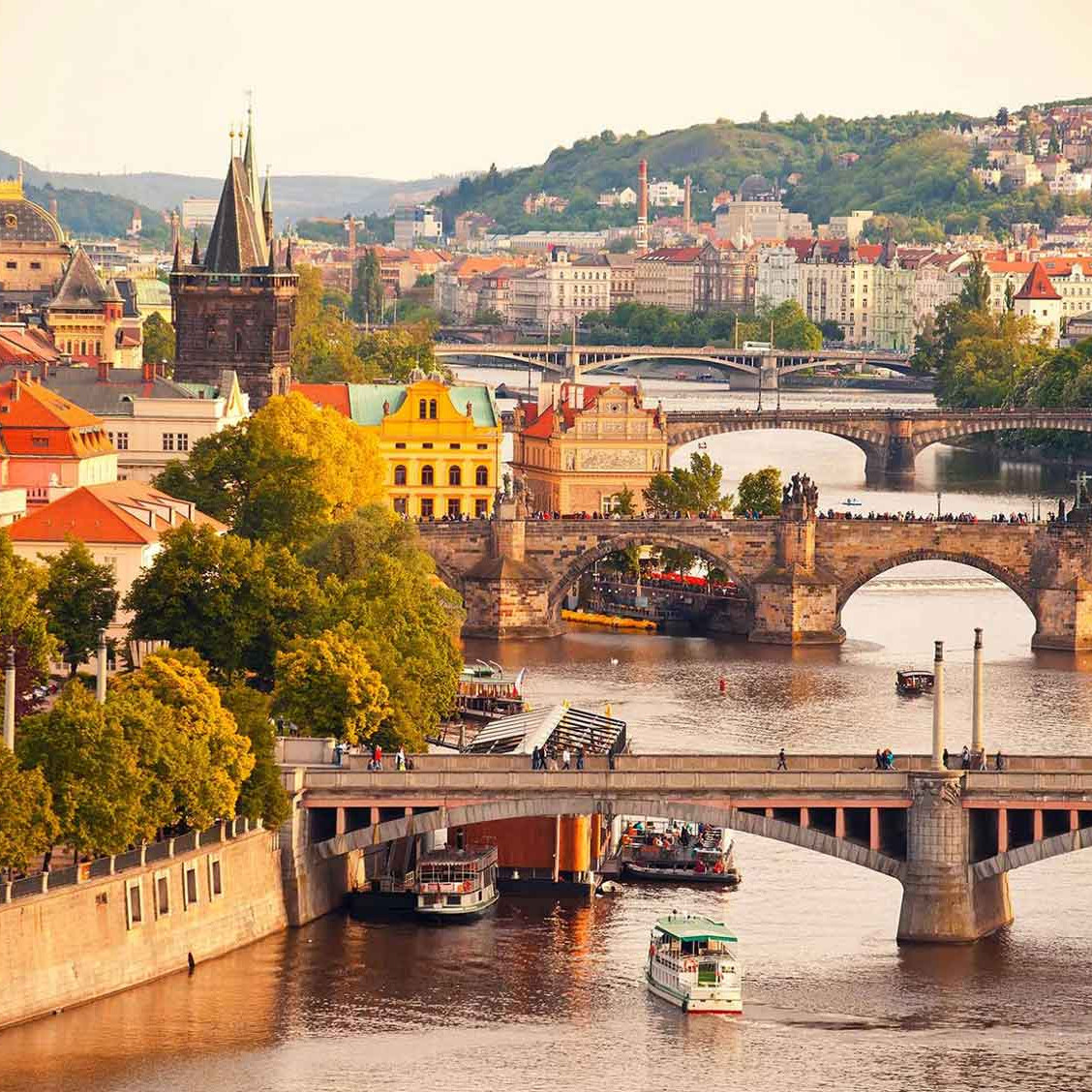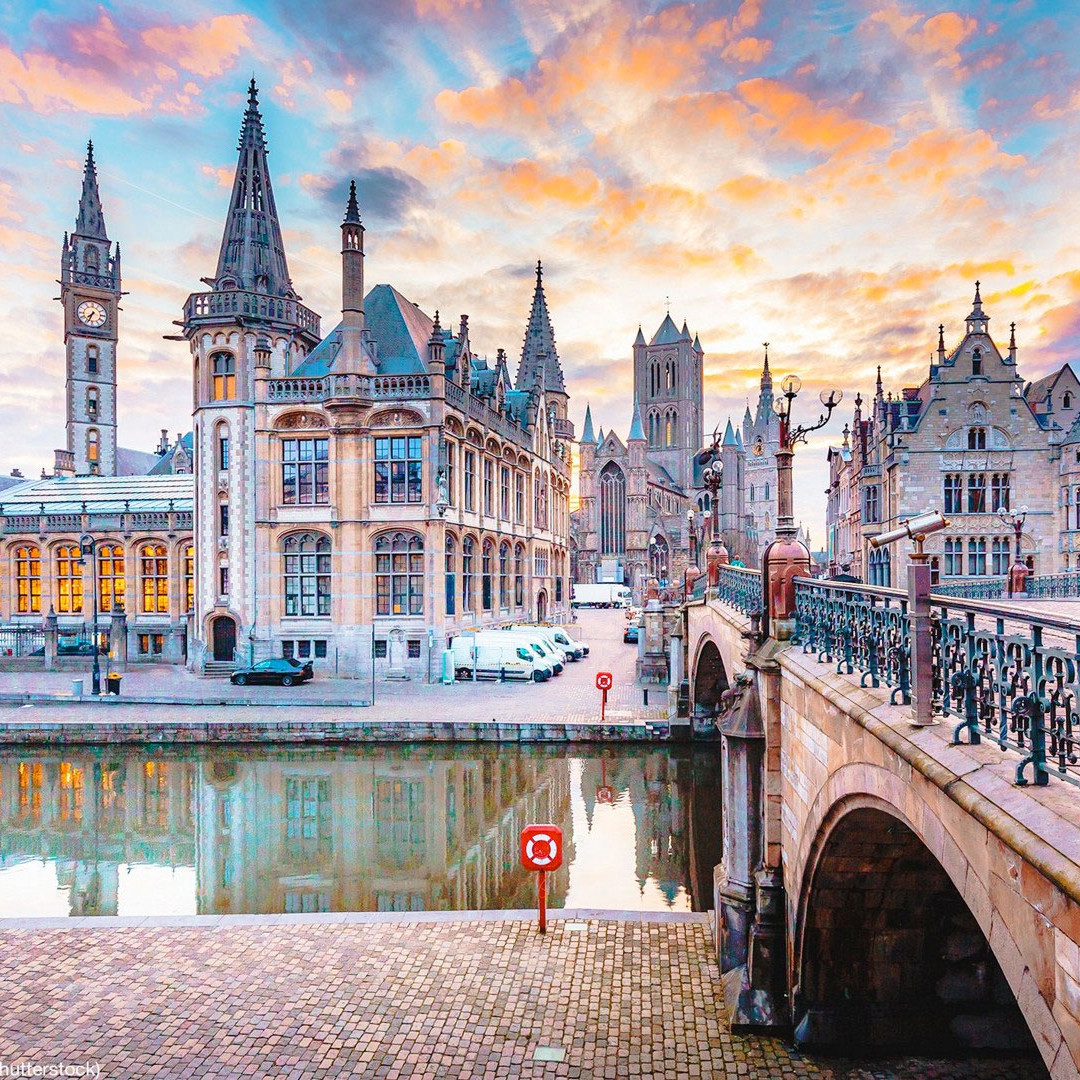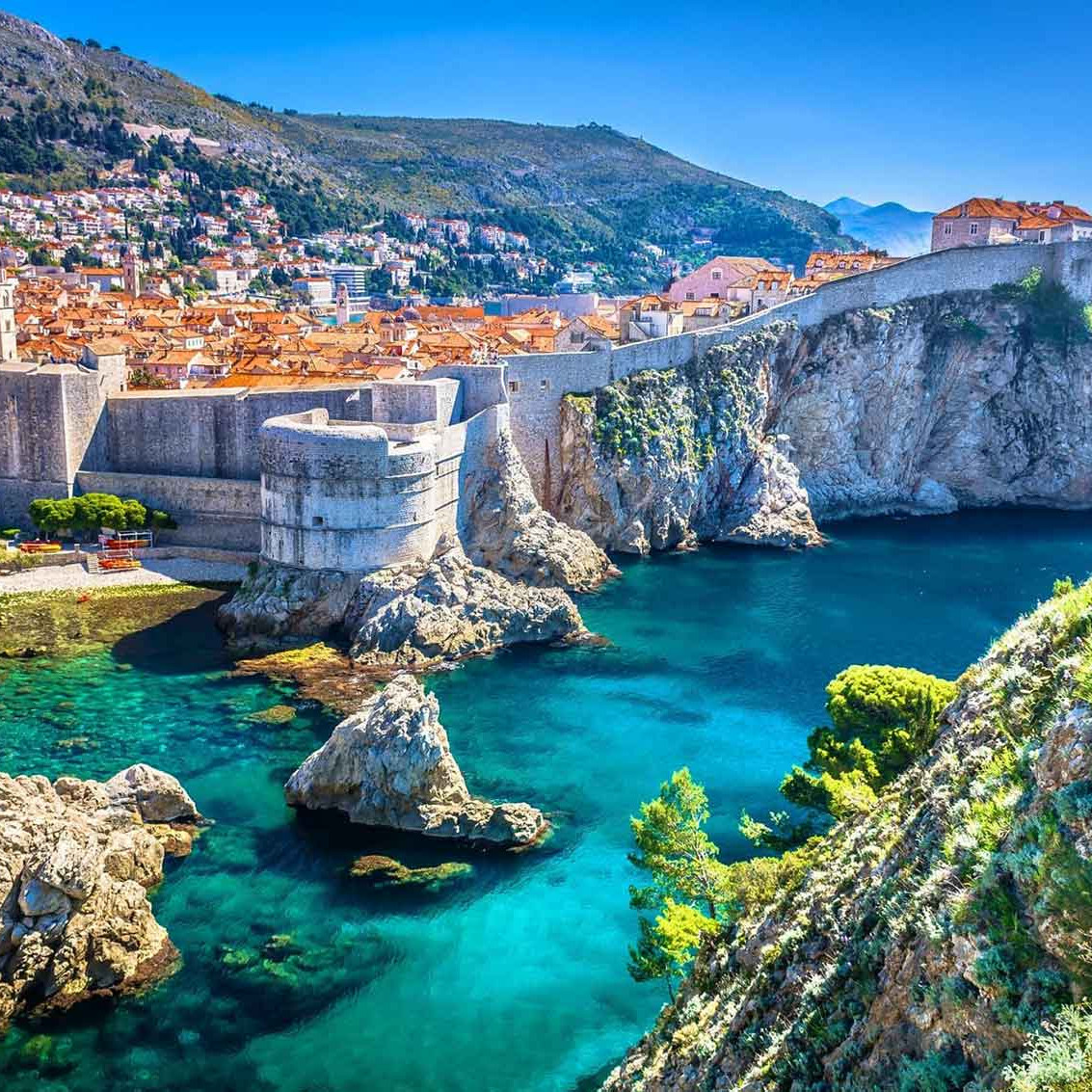Located in Central Europe, Poland is rich in culture and history, with over 15 UNESCO World Heritage Sites. Its diverse landscapes, fascinating history, vibrant cities, delicious cuisine, and affordability make it an enticing choice for visitors.
Why Visit Poland
HISTORY & ARCHITECTURE
When it comes to history and architecture, Poland has a wealth of UNESCO World Heritage sites, including the historic center of Kraków and the iconic Wawel Castle. The country’s turbulent past is visible in its numerous castles, palaces, and cathedrals, each with its own captivating story to tell.
LANDSCAPES
Poland’s landscapes are incredibly diverse, ranging from the picturesque Tatra Mountains to the pristine beaches of the Baltic Sea. Visitors can explore national parks, such as Białowieża Forest and the Bieszczady Mountains, where they can witness Poland’s unspoiled natural beauty and encounter unique flora and fauna.
CITIES & NIGHTLIFE
Polish really know how to party, there is always a reason to celebrate life, (they also drink a lot). In the evenings, Poland’s cities come alive with a vibrant nightlife scene, offering everything from trendy bars and clubs to traditional folk music venues.
GASTRONOMY
Polish cuisine is a delightful blend of hearty and flavorful dishes. From traditional pierogi (dumplings) to savory żurek (sour rye soup) and indulgent pastries like the famous paczki, food lovers will find a rich array of flavors to explore. Poland is also known for its vodka production, and sampling some local varieties is a must-do experience.
AFFORDABILITY
One of the biggest advantages of visiting Poland is its affordability. Compared to many other European countries, Poland offers excellent value for money, with reasonably priced accommodation, dining, and transportation options. Travelers can enjoy a fulfilling and immersive experience without breaking the bank, making Poland an attractive destination for budget-conscious travelers.
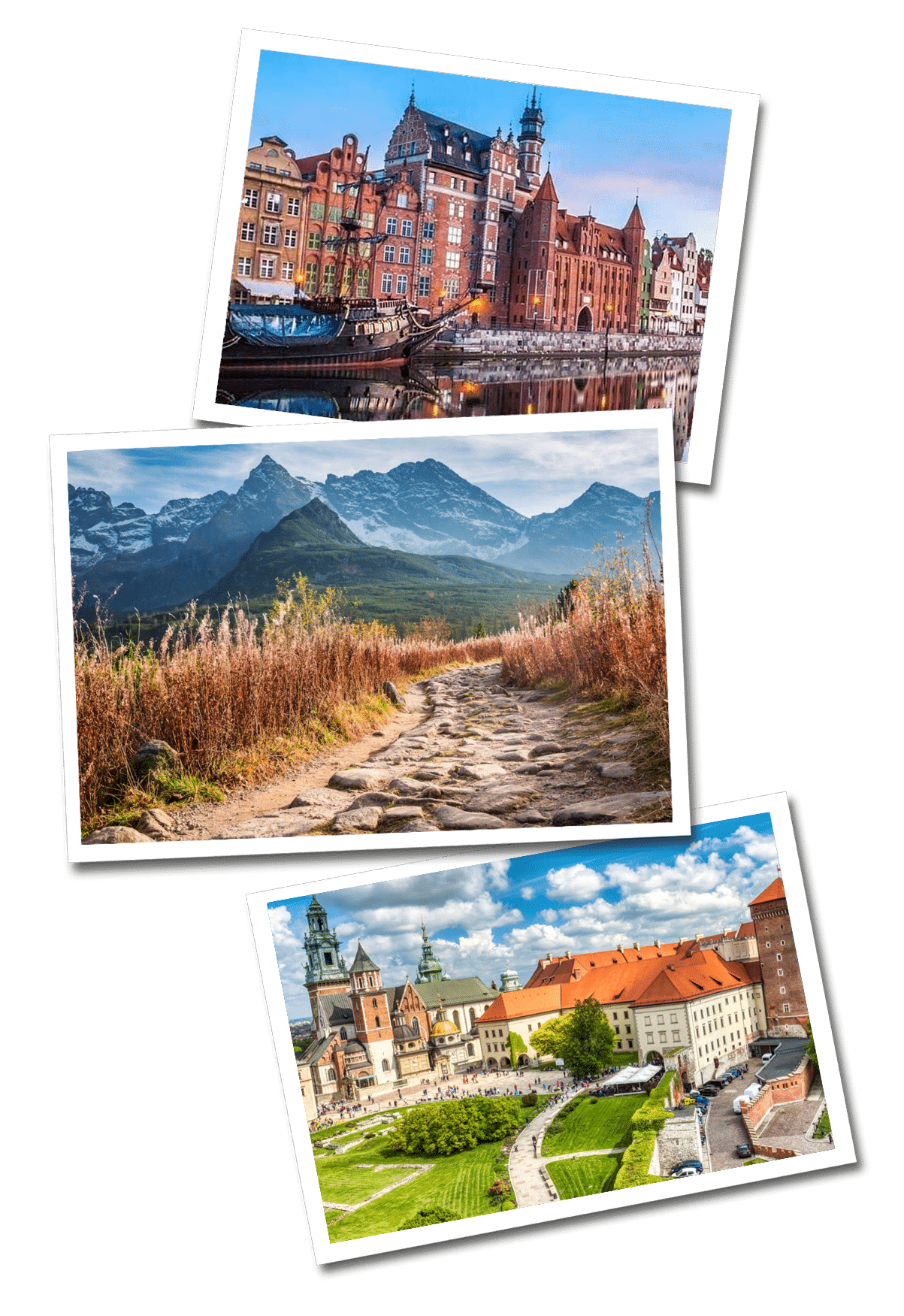
Located in Central Europe, Poland is rich in culture and history, with over 15 UNESCO World Heritage Sites. Its diverse landscapes, fascinating history, vibrant cities, delicious cuisine, and affordability make it an enticing choice for visitors.

Why Visit Poland
HISTORY & ARCHITECTURE
When it comes to history and architecture, Poland has a wealth of UNESCO World Heritage sites, including the historic center of Kraków and the iconic Wawel Castle. The country’s turbulent past is visible in its numerous castles, palaces, and cathedrals, each with its own captivating story to tell.
LANDSCAPES
Poland’s landscapes are incredibly diverse, ranging from the picturesque Tatra Mountains to the pristine beaches of the Baltic Sea. Visitors can explore national parks, such as Białowieża Forest and the Bieszczady Mountains, where they can witness Poland’s unspoiled natural beauty and encounter unique flora and fauna.
CITIES & NIGHTLIFE
Polish really know how to party, there is always a reason to celebrate life, (they also drink a lot). In the evenings, Poland’s cities come alive with a vibrant nightlife scene, offering everything from trendy bars and clubs to traditional folk music venues.
GASTRONOMY
Polish cuisine is a delightful blend of hearty and flavorful dishes. From traditional pierogi (dumplings) to savory żurek (sour rye soup) and indulgent pastries like the famous paczki, food lovers will find a rich array of flavors to explore. Poland is also known for its vodka production, and sampling some local varieties is a must-do experience.
AFFORDABILITY
One of the biggest advantages of visiting Poland is its affordability. Compared to many other European countries, Poland offers excellent value for money, with reasonably priced accommodation, dining, and transportation options. Travelers can enjoy a fulfilling and immersive experience without breaking the bank, making Poland an attractive destination for budget-conscious travelers.
- Name: Republic of Poland
- Capital: Warsaw
- Official Languages: Polish
- Currency: Polish złoty
- Time Zone: UTC+1:00
- Name: Republic of Poland
- Capital: Warsaw
- Official Languages: Polish
- Currency: Polish złoty
- Time Zone: UTC+1:00
Bucket List
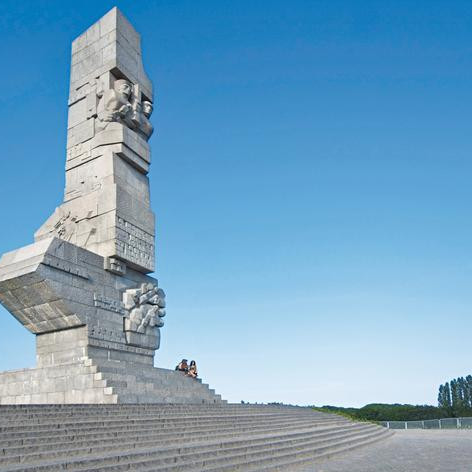
Visit Westerplatte, where WWII began
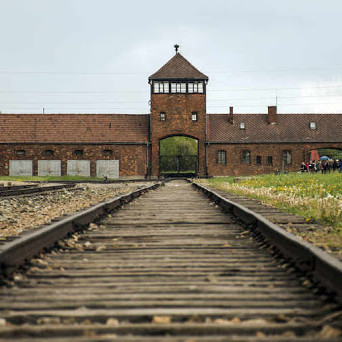
Take a tour of Auschwitz-Birkenau
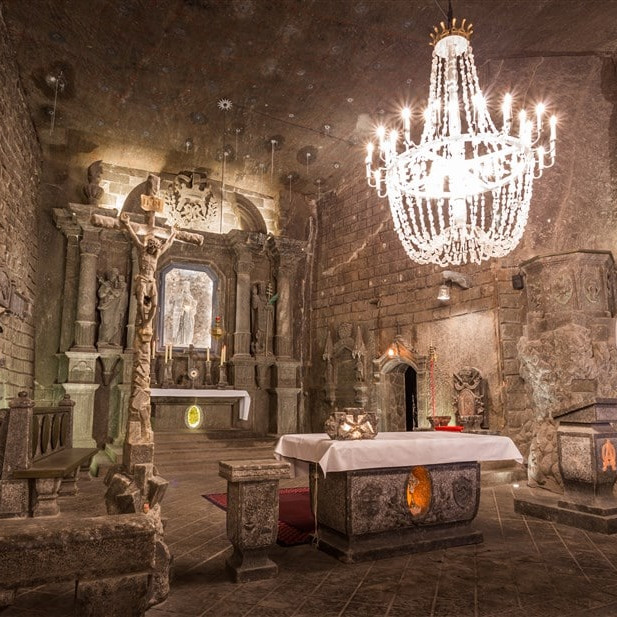
Visit the Wieliczka Salt Mines
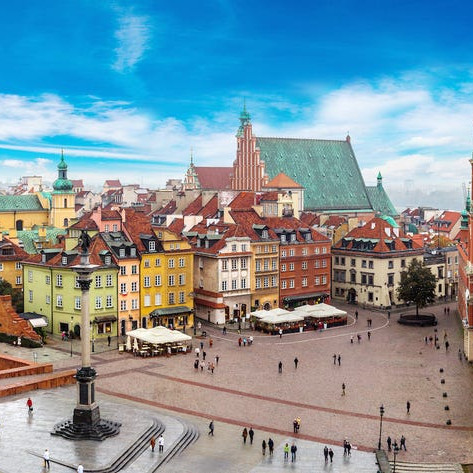
Explore Warsaw
What to expect
LANGUAGE
Polish is the official language in Poland. English it is the second most common language learned and spoken in Poland, with almost 30% of the population speaking it. You can find fluent english speakers in big cities or tourist attractions, however it is recommended to learn some words in polish, specially if you are going to the countryside, poles will appreciate the effort.
ELECTRICITY
In Poland the standard voltage is 230 V and the frequency is 50 Hz. That’s the standard voltage in the UK, Europe, Australia and most of Asia and Africa; If you are traveling from the US you will need an adaptor.
CURRENCY
The Polish Zloty is the currency of Poland. 1 USD equals 3.80 Poland zlotys as of 2023. Despite being a part of the European Union, Poland does not use the euro or other foreign currencies. They might be accepted at tourist attractions and hotels, but the exchange rate will be high and it is not recommended. Credit cards are widely accepted, and you can exchange your money at any bank, or directly withdraw from the ATM.
CLIMATE
Poland experiences a temperate climate with distinct seasons. Summers (June to August) are generally warm, with temperatures ranging from 20°C to 30°C (68°F to 86°F). It is the peak tourist season, and you can expect longer days and pleasant weather for outdoor activities. Spring (March to May) and autumn (September to November) are mild and offer beautiful foliage and comfortable temperatures ranging from 10°C to 20°C (50°F to 68°F).
SAFETY
Poland is overall a safe country. Violent crime is pretty much non-existent. However, there is a considerable rate of petty crime like pickpocketing or bag snatching in the big cities, especially in major tourist destinations, in train stations, and on trains, trams, and buses. Be cautious and use your common sense.
How to get around
Poland has a well-developed transportation system that makes it easy to get around the country. Here are the various ways to travel within Poland:
- By train: Poland has an extensive rail network, and trains are a comfortable and affordable way to travel between cities. The main train operator is PKP Intercity, and tickets can be purchased online or at the train station.
- By bus: There are many bus companies operating in Poland, and they are often cheaper than trains. Popular bus operators include Flixbus, PolskiBus, and Eurolines. Tickets can be purchased online or at the bus station.
- By car: Renting a car is a great option if you want to explore rural areas and smaller towns in Poland. There are many car rental companies available, and the roads are generally in good condition.
- By tram or metro: Poland’s major cities have efficient tram and metro systems that make it easy to get around. Warsaw, Krakow, and Gdansk have metro systems, while other cities rely on trams.
- By bike: Many Polish cities have bike-sharing schemes, and cycling is a popular way to explore the urban areas. There are also many beautiful cycle routes through the Polish countryside.
- On foot: Walking is a great way to explore the historic cities of Poland, and many of the major tourist attractions are located within walking distance of each other.
Overall, there are many options for getting around Poland, and the transportation system is generally reliable and affordable.
Visa Policy
Poland is a member of the European Union (EU) and the Schengen Area, which allows for visa-free travel for citizens of many countries. The visa policy for Poland follows the regulations set by the Schengen Agreement. Visitors from the following countries and territories can enter Poland for tourism or business purposes without a visa for a stay of up to 90 days within a 180-day period:
- European Union (EU) member states: Austria, Belgium, Bulgaria, Croatia, Cyprus, Czech Republic, Denmark, Estonia, Finland, France, Germany, Greece, Hungary, Ireland, Italy, Latvia, Lithuania, Luxembourg, Malta, Netherlands, Poland, Portugal, Romania, Slovakia, Slovenia, Spain, Sweden
- Schengen Area member states: Iceland, Liechtenstein, Norway, Switzerland
- Andorra, Monaco, San Marino, Vatican City
Visitors from countries not listed above are required to obtain a Schengen Visa prior to their arrival in Poland. The visa application should be submitted to the Polish embassy or consulate in the applicant’s country of residence.
It’s important to note that visa requirements and policies can change over time, so it is recommended to check with the relevant authorities or the Polish embassy/consulate in your home country to get the most up-to-date information before planning your trip to Poland.
SUBSCRIBE!
Are you a globetrotter? Join our platform and get exclusive travel tips, getaways and more!
Italy
Travel Italy, a country like no other. The country boots an incredible history and culture, with landmarks on every corner, incredible..
Greece
Travel to Greece, the birthplace of democracy. The country has an unique and extensive history, that has shaped the world. With crystal..
Malta
Travel Malta, the hidden gem of Europe. A three-island archipelago filled with a rich and fascinating history, landmarks and ruins..
Hungary
Travel to Hungary, a country filled with stunning architecture and landmarks, rich culture, tasteful cuisine and steaming thermal spas..
Czech Republic
Travel Czech Republic, a country with a rich history, stunning architecture, and a vibrant beer culture. Visitors to the Czech Republic will..
Belgium
Travel Belgium, is a small country known as the world capital of the beer and the chocolate. The is also home to amazing architecure and..
Hungary
Travel to Hungary, a country filled with stunning architecture and landmarks, rich culture,…
Czech Republic
Travel Czech Republic, a country with a rich history, stunning architecture, and a vibrant beer…
Croatia
Croatia is a small & impressive country that has just recently become a popular mediterranean…


